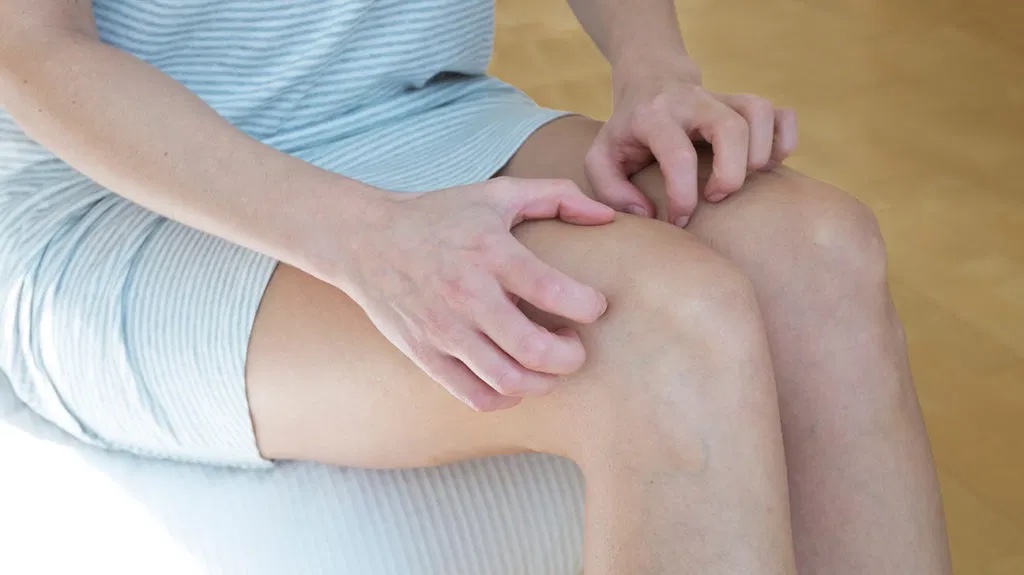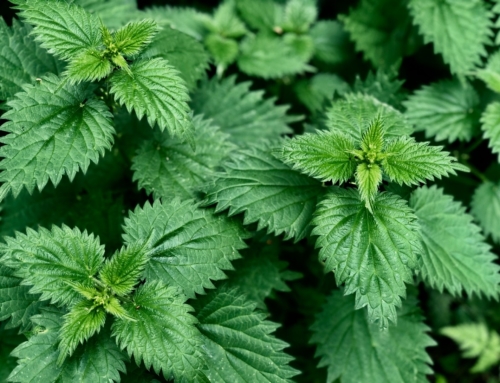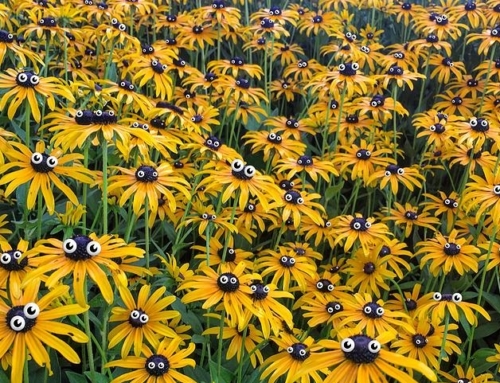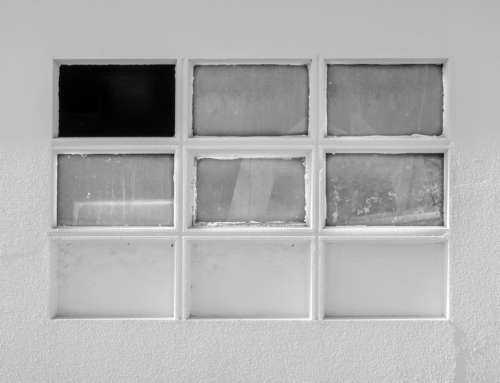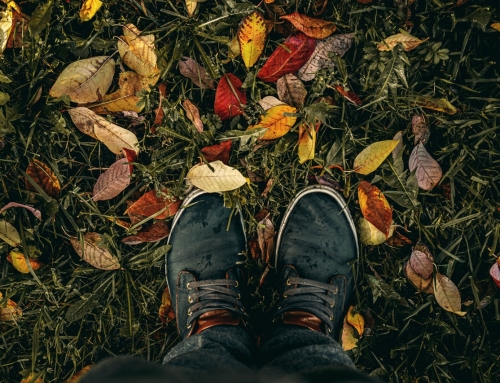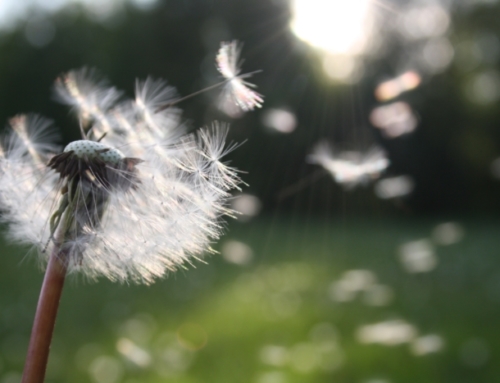Most of us know the signs of seasonal allergies – runny eyes and nose, a scratchy throat, and the itching. Oh the itching. On a bad day, it feels almost impossible to ignore the pull to scratch the skin around the eyes, nose and face. In the clinic, we are very accustomed to clients coming in the spring and fall with these symptoms, as pollen from plants becomes airborne and irritates the mucous membranes and sensitive skin of the face.
Though facial symptoms of pollen allergies are well recognized, there is some research support and growing anecdotal evidence for seasonal pollen affecting the tissue of the vagina, causing a condition called allergic vulvovaginitis (Oliveira et al., 2021, Ozturk et al., 2007). For the last several springs I’ve seen this clinically, as patients wonder if they have a yeast infection or STI, while wiping their noses and eyes and popping a Claratin. Allergic vulvovaginitis makes sense from the Chinese Medicine framework, as we consider certain types of tissues having similar qualities (and therefore disorders), and that mucus membranes are made of similar cell layers throughout the body.
To combat allergy symptoms:
- Avoid dairy, refined sugar, wheat, and alcohol while your symptoms are flaring.
- Drink abundant fluids, especially warmer water.
- Use a saline rinse like the Neti Pot 1-2x daily.
- Drink chamomile, nettle, and chrysanthemum tea/herbal infusions.
- Consider supplementing quercetin, bromelain, vitamin C and zinc.
- Wear a mask when outside (easier than ever since 2020!) and limit your pollen exposure.
- Use over-the-counter antihistamines, as necessary.
When clients bring up vaginal irritation along with allergy symptoms, after encouraging them to seek the advice of an OBGYN, my suggestions are similar to when pollen allergies affect only the face:
- Use a sitz bath with cool water, potentially adding in a few ounces of baking soda to soothe the area.
- Add an infusion of nettles or chrysanthemum to a bath.
- Wear loosely fitting, cotton underwear to allow air flow.
- Discuss it with your acupuncturist, because we may choose slightly different acu-points at your next session.
Citations:
Oliveira AS, Rolo J, Gaspar C, Palmeira de Oliveira R, Martinez de Oliveira J, Palmeira de Oliveira A. Allergic vulvovaginitis: a systematic literature review. Arch Gynecol Obstet. 2021 Nov 26. doi: 10.1007/s00404-021-06332-z. Epub ahead of print. PMID: 34825938.
Ozturk S, Caliskaner Z, Karaayvaz M, Dede M, Gulec M. Hypersensitivity to aeroallergens in patients with recurrent vulvovaginitis of undetermined etiology. J Obstet Gynaecol Res. 2007 Aug;33(4):496-500. doi: 10.1111/j.1447-0756.2007.00578.x. PMID: 17688617.

